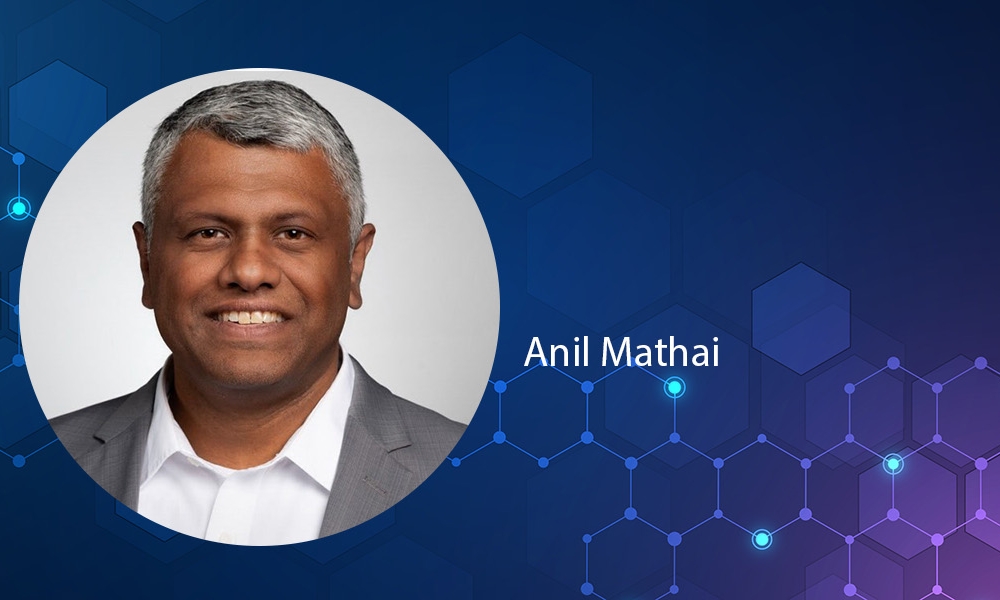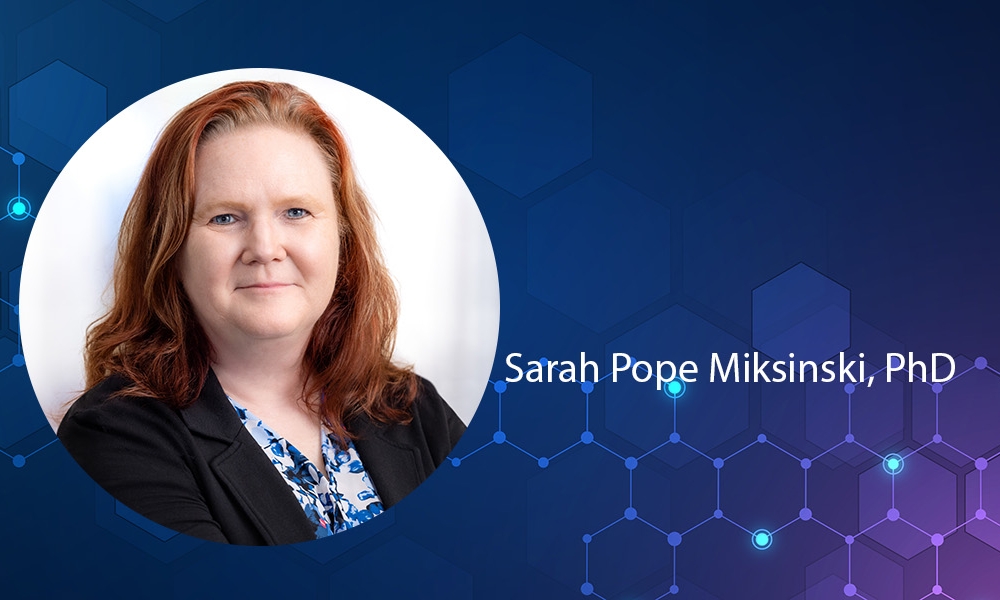Input from three participants during the time they were at work on the Hackathon is included.
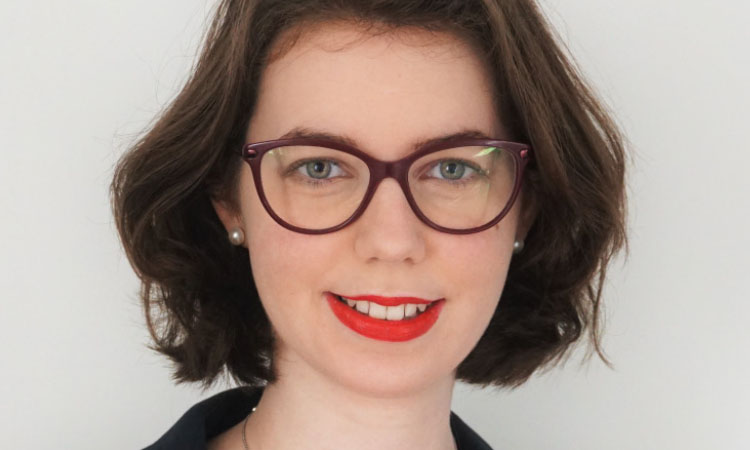
Prudence Edwards is an engineering student at the University of Queensland, Australia, majoring in chemical and biological engineering. She is completing a dual degree program in Marseille, France, at Ecole Centrale de Marseille and will graduate in 2022.
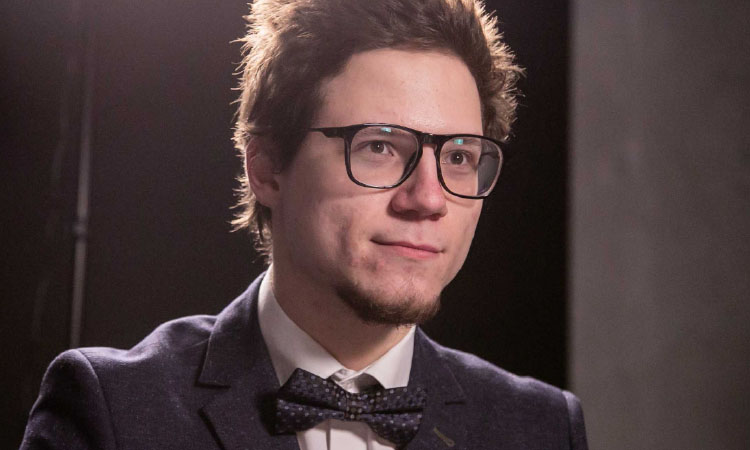
Andrew Svetozarov is a student at the Peoples’ Friendship University of Russia, studying pharmacy and pharmaceutical technology.
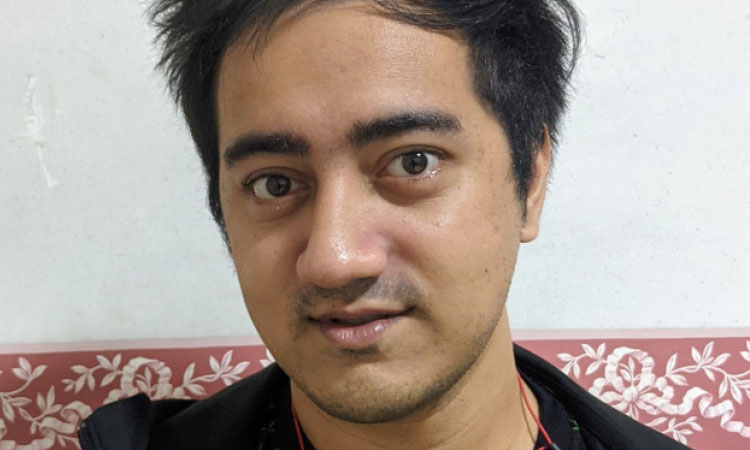
Moneem Ahmed is in his last year of undergraduate studies in chemical engineering at the National University of Singapore. Moneem was the team leader for the 2020 ISPE Hackathon winning team representing the ISPE Singapore Affiliate, tackling a data acquisition and data integrity problem case.
How are you involved with ISPE?
Prudence: I have been a student member since 2018 and have been increasingly involved with the organization since relocating to Europe. I have particularly enjoyed taking advantage of the networking opportunities within the ISPE community, getting to know people in diverse roles from a variety of backgrounds across the world.
Andrew: I recently became an ISPE member to sign up for the Hackathon. I’m already looking forward to other great events and seminars.
Moneem: I joined last year as a student member of the Singapore Affiliate. Initially, I was attending ISPE events such as Technical Tuesdays, where industry professionals discuss pharma-related topics. I hope to be more involved with activities in ISPE in the future and am looking to being part of the task team for the next ISPE Singapore Hackathon in 2021.
Why did you sign up for the Hackathon?
Prudence: I thought it would be an excellent opportunity to familiarize myself with current issues and working practices in the pharmaceutical industry. It was certainly daunting knowing that I would be working with considerably more experienced professionals, but I was keen to challenge myself to contribute to the team as much as possible.
Andrew: I was introduced to the event by the director of my university laboratory, who is involved with ISPE. He highly recommended that I take part in the Hackathon and I’m very grateful to him for this advice.
Moneem: I have participated in hackathons before, and with each one, I learn something new. I love working with people to come up with new ideas and trying to solve problems. It’s really fascinating to see the creativity and ingenuity of others. Being able to harness these to come up with an innovative solution is a process I find incredibly fulfilling.
What are you enjoying most about the Hackathon?
Prudence: Being the team leader has been an incredibly rewarding opportunity. It has been a test of my leadership skills: working collaboratively with industry professionals throughout Europe, overcoming language barriers, and juggling the Hackathon with day-to-day commitments. Our team and coaches have been very supportive, which has made the whole experience really enjoyable. I have most appreciated everyone’s willingness to share their own experiences, working together to refine our solution for the best result possible.
Andrew: People, of course. It is a great pleasure to meet so many skilled and vigorous people from different countries.
Moneem: My favorite part of this Hackathon is its international nature. I really like that it provides a platform for us to work with and learn from peers and professionals all around the world. Hearing and seeing the different perspectives from each member’s and coach’s unique background was particularly interesting for me! I was able to learn how to think differently in order to tackle a challenge from multiple angles.
How does the topic relate to your coursework/job?
Prudence: It has been a long-term goal of mine to work in the pharmaceutical industry. I chose the dual major in chemical and biological engineering because the idea of working at the intersection of healthcare and engineering has always really appealed to me. Since then, through opportunities both in Australia and in France, I’ve discovered the field of biopharmaceutical production, which is where I plan to work after graduation. I hope to undertake a six-month internship in the industry later this year to gain further experience as well.
Andrew: I’m going to work in pharmaceutical manufacturing, so it is an excellent occasion to enlarge my knowledge in this field.
Moneem: In my major, I have taken classes in pharmaceutical manufacturing. In addition, I am also taking a management of technology minor. This topic is essentially an intersection of both since we look into technology innovations and disruptions in the pharmaceutical industry and how companies can adapt to the digital revolution we are seeing.
What are the challenges and benefits of participating in the event virtually?
Prudence: After the experience of the last 12 months, we were certainly well prepared for a virtual competition! In my opinion, the benefits of the virtual format have significantly outweighed the challenges. Slack was a highly effective tool for coordination, and it was very straightforward to hold team meetings over Zoom. The three-week timeline did present its challenges in keeping everyone motivated and involved throughout, but with the complex problem statement, there was plenty of work to be done! Most important, the key benefit of a virtual competition was making this event accessible for participants all over the world, particularly those who would not otherwise have had the chance to be involved.
Andrew: Virtual events offer an opportunity to involve a larger number of people. It is a huge benefit also to work from home. But it’s difficult sometimes to deal with time zones. This “time shift” can be a cause of misunderstanding in a team.
Moneem: The benefits of having this event virtually is that we can fit working on the problem into our schedules much more easily and it allows people who otherwise would not have time to physically travel to the host city to participate. On the other hand, I do miss the face-to-face interaction, which I feel makes discussion and ideation easier, and it’s nice to have that human connection, as opposed to seeing a face on a screen.
Watch all team videos & judging for the 2021 ISPE International Hackathon






